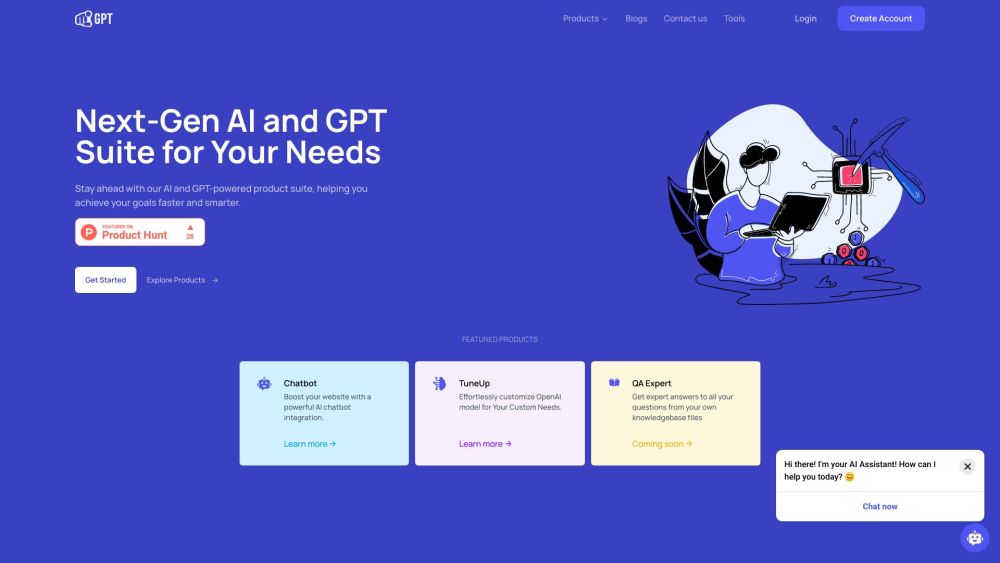Artificial intelligence (AI) presents a risk that is "similar or greater" than cybersecurity threats, yet it often does not receive the attention it deserves at the board level. This perspective comes from Seth Dobrin, former global chief AI officer at IBM and current CEO of Qantm AI, who spoke at the Applied Intelligence Live! Austin 2023 conference.
Dobrin emphasized that AI governance should be a central concern for a company’s board of directors, mirroring the situation information security faced just a few years ago. Without adequate oversight at the highest levels, the successful implementation of AI policies across an organization is compromised.
During his tenure at IBM, Dobrin successfully established an AI ethics board tasked with reviewing projects and enforcing guidelines, policies, and controls for every AI initiative. He noted, “We initiated divestiture of projects that did not align with our values and goals.” One specific example involved a $10 million consulting project during the COVID-19 pandemic that sought to deploy general-purpose facial recognition technology, which contradicted IBM’s ethical standards. Rather than allowing mass detection without restrictions, Dobrin maintained that acceptable implementations were limited to one-to-one matches with full consent.
Dobrin articulated that effective AI governance, strategy, and education must filter down from the boardroom to the C-suite, middle management, and ultimately to all employees. He underscored the necessity of constructing an AI strategy that aligns seamlessly with the company’s overarching business objectives. “The critical question is not how to use AI,” he stated, “but rather, what is your business strategy? What decisions are essential to drive that strategy forward?”
Advocating for a value-driven, people-centric approach, Dobrin urged organizations to first identify and address the needs of their workforce while simultaneously delivering value to the company. He stressed the importance of proactive AI governance for organization-wide deployment and emphasized that education on AI should extend to all employees to foster understanding and integration.
When implementing AI, demonstrating tangible value every six months is paramount. Dobrin pointed to a tangible area of opportunity for generative AI: addressing the challenge of accessing data dispersed across various company silos. He highlighted the difficulties employees face in locating information within platforms like SharePoint, OneDrive, or Google Drive. “It can feel nearly impossible to find essential data,” he noted. “However, generative AI can effectively tackle this issue.”
Generative AI excels at analyzing both structured data—information organized in standardized formats such as Excel sheets—and unstructured data, which lacks predefined organization. By utilizing these technologies, organizations can unlock valuable insights that previously seemed unattainable. “Many companies have declared this to be an unsolvable problem,” Dobrin asserted. “However, today we have the opportunity to resolve it.”
The discourse surrounding AI emphasizes the need for high-level oversight and structured approach to harness its potential while managing associated risks. By adopting a well-defined strategy and fostering a culture of understanding and governance, companies can successfully navigate the complexities of AI deployment and drive meaningful impact within their organizations.




